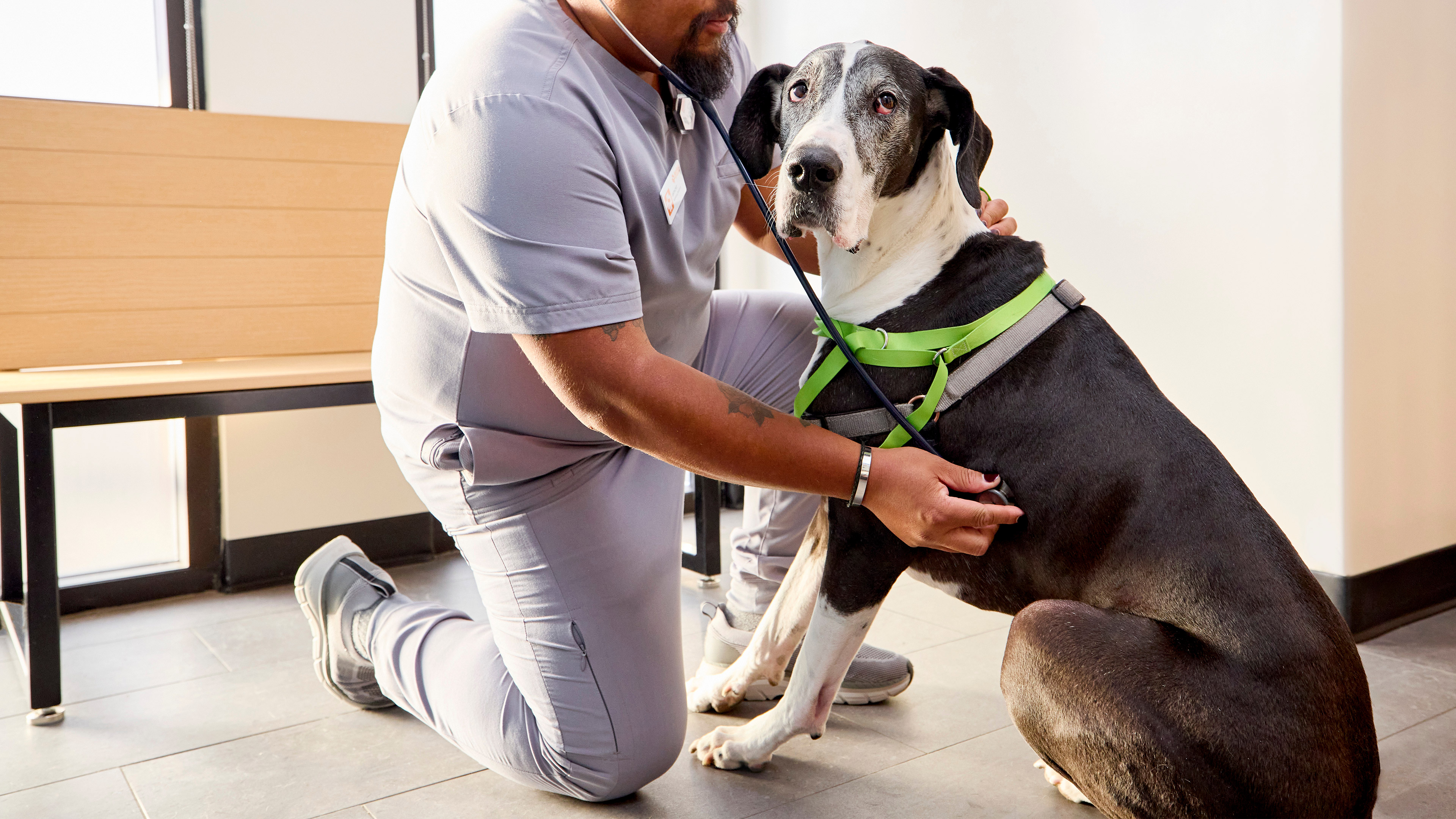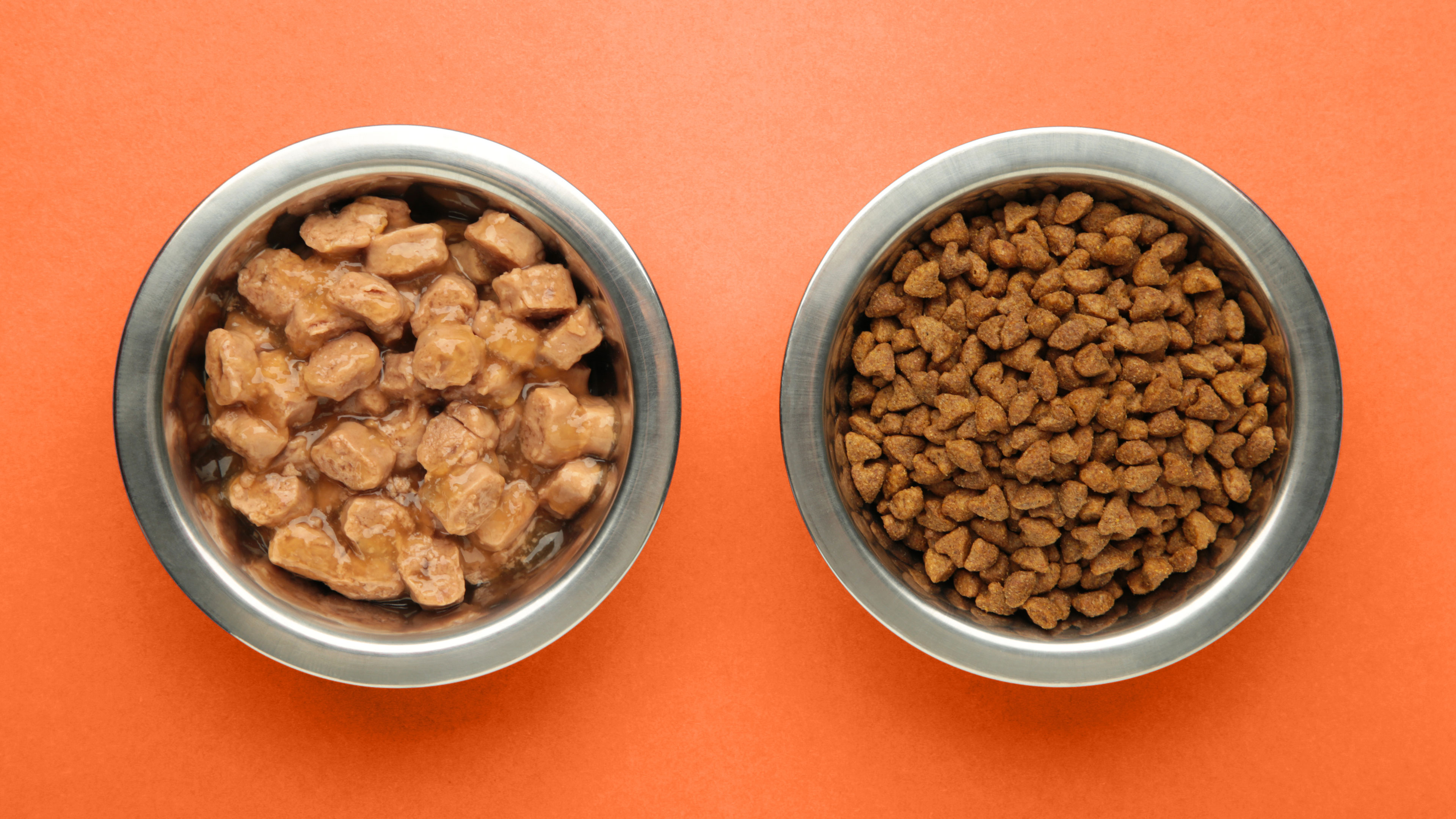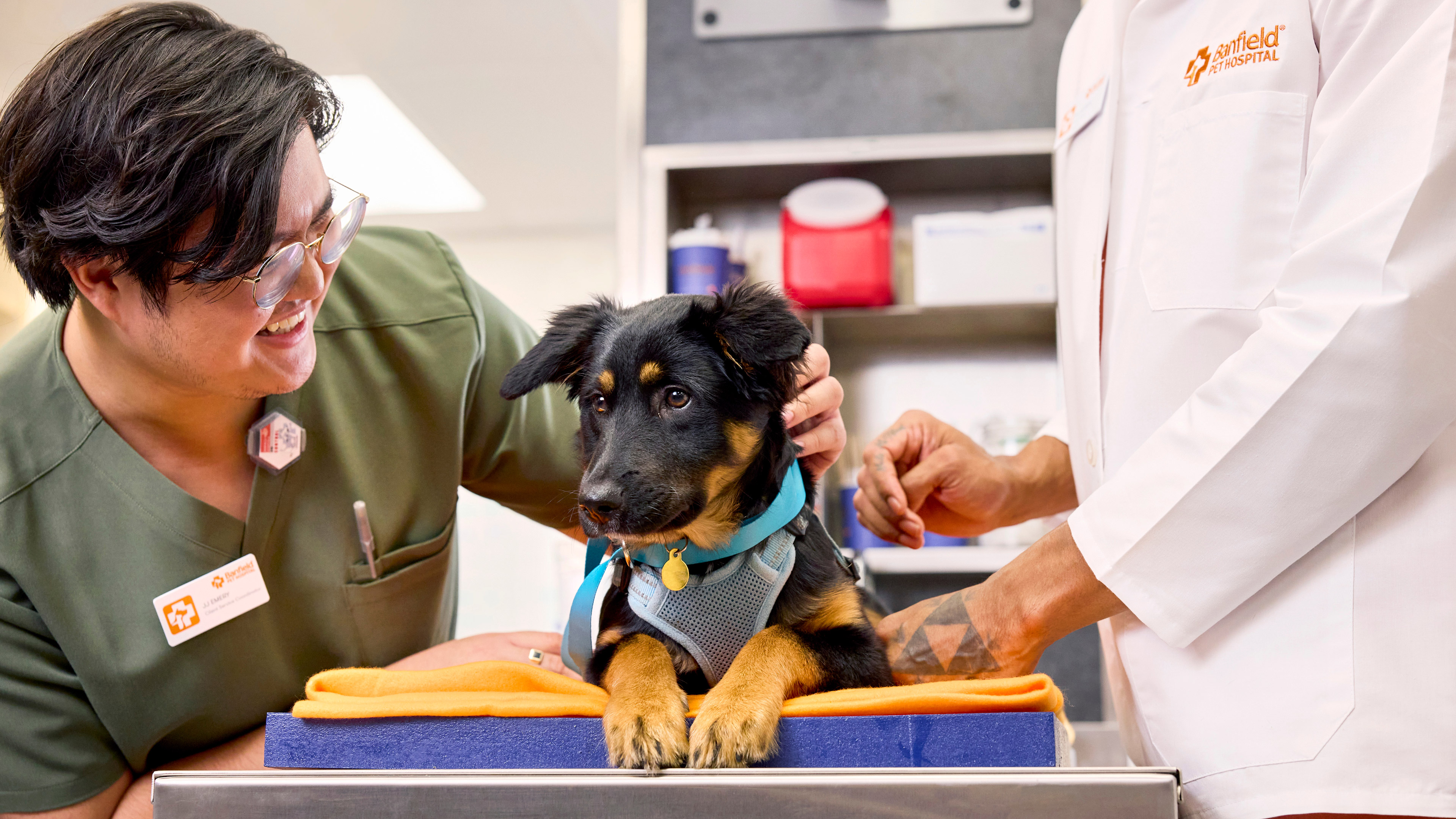gut check: intestinal parasites in dogs and cats
Intestinal parasites are gross, but the good news is they’re typically treatable (and often preventable). In this blog we’ll go over the most common types of intestinal parasites and how to help your dog or cat be parasite-free.
What are intestinal parasites?
Intestinal parasites are organisms that live and reproduce in your dog’s or cat’s intestines. While both dogs and cats can contract intestinal parasites, we see more dogs than cats with parasites because dogs are more likely to ingest soil, food, water, or feces that contain parasitic eggs or larvae.
Types of intestinal parasites
There are several types of intestinal parasites, including:
- Roundworms: All dogs and cats can get roundworms from the environment or other infected animals. However, puppies and kittens can get roundworms through their mother's milk too. As part of their life cycle, these parasites will travel through the lungs and liver to reach the small intestine to reproduce, causing harm along the way.
- Hookworms: Hookworms, which got their name from their hook-like mouth, make their way through your dog’s or cat’s body through ingested hookworm larvae (typically found in feces) and eventually attach themselves to your dog’s or cat’s intestines where they feed on blood. This parasite is considered more dangerous than others due to the potential of life-threatening anemia, especially for puppies.
- Whipworms: Whipworms have a whip-like body that they use to weave into the lining of your dog’s or cat’s intestines. Your dog or cat typically contracts this parasite by ingesting whipworm eggs found in soil.
- Tapeworms: Tapeworms get their name from their long, flat, ribbon-like bodies and are contracted when your pet ingests infected fleas, lice, rodents, or rabbits.
- Coccidia and Giardia: Coccidia and Giardia can be contracted through contact with infected surfaces, water, food, and other ways. Some pets will not show signs even when infected.
Note: Humans can contract roundworms and hookworms. Roundworm is passed when a person ingests roundworm eggs, typically found in contaminated soil or water, and hookworms can pass to humans by ingesting contaminated soil or water, or through skin penetration (walking barefoot on contaminated soil). Humans can also contract tapeworms and whipworms, though the likelihood is low. The forms of coccidia and Giardia that animals contract are unlikely to pass on to humans.
How dogs or cats get intestinal parasites
- Eating infected feces
- Eating infected meat, fish, rodents, worms, snails, or insects
- Eating or licking feces-contaminated soil or water
- Licking contaminated fur, paws, or another pet’s rear end
- Eating infected fleas or lice
Signs and symptoms of intestinal parasites
- Diarrhea
- Weight loss
- Bloated belly
- Increased or decreased appetite
- Mucus or blood in stool
- Dull, dry coat
How to treat intestinal parasites
At Banfield, we will perform diagnostic tests to determine the potential cause of your pet’s symptoms, which will likely include a fecal examination and testing, possibly a blood test, and potentially additional diagnostics. Your Banfield veterinary team will discuss treatments depending on what we find.
How to prevent intestinal parasites
You can help keep your dog or cat safe from intestinal parasites by monitoring what they eat and where they play, and ensuring they stay in clean areas, such as your yard or home. However, pets will be pets, and that includes exposure to things that could cause parasites.
Some of the parasites we see in pets treated at our hospitals can be avoided through recommended routine deworming and preventive care, but we also recommend fecal examinations to catch anything that might get past us. This allows us to treat your dog or cat appropriately and helps provide a safer environment for you.
Fecal exams are included in our Optimum Wellness Plans®. Learn more about our awesome OWPs.
 Mites and mange
Mites and mange Podcast - Not Just Fluff
Podcast - Not Just Fluff











